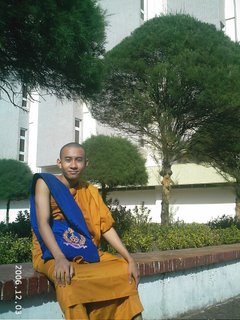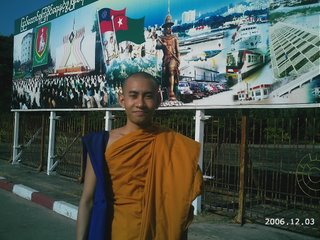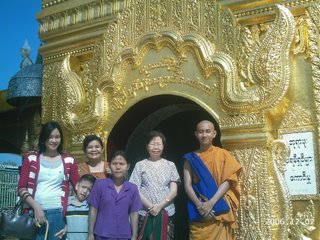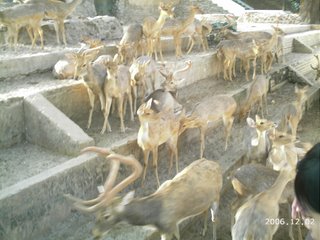
 Western interest in Eastern religions, especially Buddhism, historically coincided with the rise of modern science and the corresponding perceived decline of religious orthodoxy in the West. Put simply: Modern science initiated a deep spiritual crisis that led to an unfortunate split between faith and reason—a split yet to be reconciled. Buddhism was seen as an "alternative altar," a bridge that could reunite the estranged worlds of matter and spirit. Thus, to a large extent Buddhism's flowering in the West during the last century came about to satisfy post-Darwinian needs to have religious beliefs grounded in new scientific truth.
Western interest in Eastern religions, especially Buddhism, historically coincided with the rise of modern science and the corresponding perceived decline of religious orthodoxy in the West. Put simply: Modern science initiated a deep spiritual crisis that led to an unfortunate split between faith and reason—a split yet to be reconciled. Buddhism was seen as an "alternative altar," a bridge that could reunite the estranged worlds of matter and spirit. Thus, to a large extent Buddhism's flowering in the West during the last century came about to satisfy post-Darwinian needs to have religious beliefs grounded in new scientific truth.As science still constitutes something of a "religion" in the West, the near-absolute arbiter of truth, considerable cachet still attends the linking of Buddhism to science. Such comparison and assimilation is inevitable and in some ways, healthy. At the same time, we need to examine more closely to what extent the scientific paradigm actually conveys the meaning of Dharma. Perhaps the resonance between Buddhism and Western science is not as significant as we think. Ironically, adapting new and unfamiliar Buddhist conceptions to more ingrained Western thought-ways, like science, renders Buddhism more popular and less exotic; it also threatens to dilute its impact and distort its content.




































